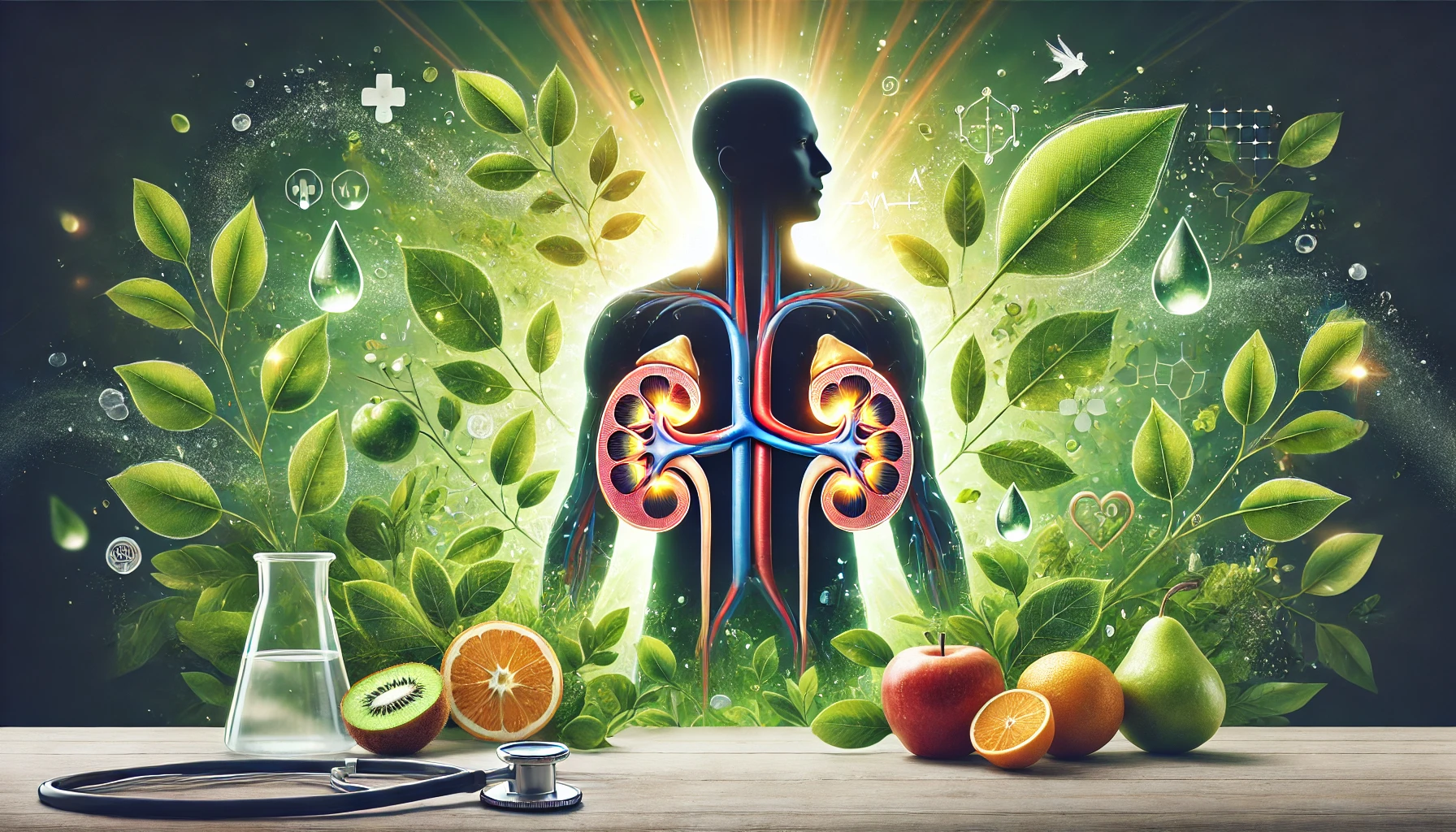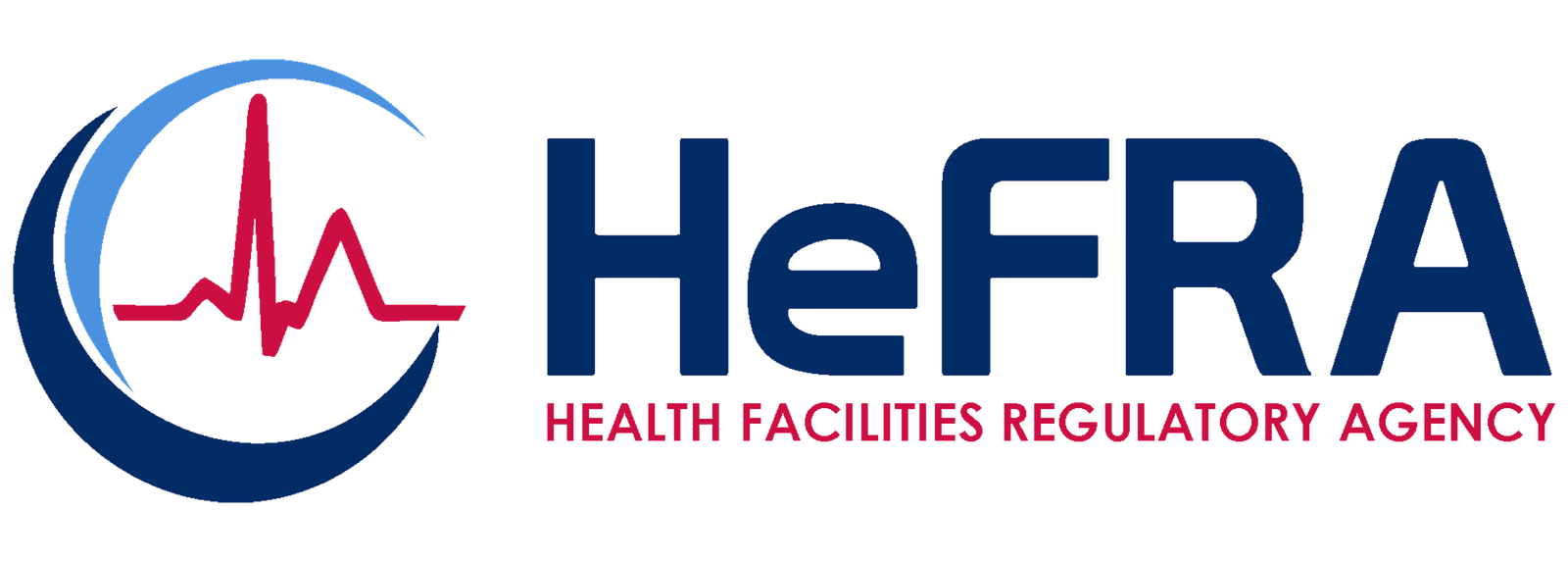
Kidney Health 101 for Ghanaians 🌱🍏🥕🥬
kidney-health-101-for-ghanaians
Maintaining healthy kidneys is essential for our overall well-being, yet many of us do not pay enough attention to these vital organs. In Ghana, factors such as diet, access to clean water, herbal remedies, and cultural practices all play important roles in kidney health. This article will give you a down-to-earth explanation of how your kidneys work, common kidney problems (like kidney stones and kidney infections), how to identify the early warning signs of kidney disease, and how to protect your kidneys for a healthier life.
Images are only illustrative; may not pass an academic critique
1. Where Are Your Kidneys Located?
Your kidneys are two bean-shaped organs located in your lower back, on either side of the spine at about waist level. Each kidney is about the size of a clenched fist. When someone says they have “back pain” in their waist area, sometimes it can be related to the kidneys, but not always. Understanding their location helps you identify potential problems early.
2. What Is the Function of the Kidney?
- Filtering Waste: The primary function of the kidney is to filter waste and excess fluid from your blood. This waste is then turned into urine.
- Balancing Fluids and Minerals: Your kidneys help maintain the right balance of water, salt, and other minerals (like potassium and calcium) in your blood.
- Regulating Blood Pressure: Kidneys produce hormones that help regulate blood pressure.
- Red Blood Cell Production: Kidneys release a hormone called erythropoietin (EPO) that stimulates the bone marrow to produce red blood cells.
When your kidneys are unable to perform these functions, it can lead to kidney disease or kidney failure.
3. Common Kidney Problems
A. Kidney Stones (Nephrolithiasis or Lithiasis Kidney)
- What Are They? Kidney stones are hard deposits made of minerals and salts that form inside the kidneys. In Ghana, dehydration (not drinking enough water) and certain diets high in salt can contribute to stone formation.
- Symptoms of Kidney Stones: These can include severe pain in the side or back, pain during urination, cloudy or bloody urine, nausea, and frequent urges to urinate.
- What Are the First Signs of Kidney Stones? The first sign is often sharp pain in the lower back that can move to the lower abdomen. You might also feel a burning sensation when urinating.
- Kidney Stone Treatment: In mild cases, drinking plenty of water and taking pain relievers may help pass the stone. In more severe cases, medical procedures like shock wave therapy or surgery may be required.
- Kidney Stones Treatment at Home: While medical intervention is sometimes necessary, you can reduce the risk of stones by drinking enough water, limiting salt intake, and eating a balanced diet.
B. Kidney Infections (Nephritis, Pyelonephritis)
- What Causes Kidney Infection? Bacteria from a urinary tract infection (UTI) can travel up to the kidney. Poor hygiene and delayed treatment of UTIs can lead to kidney infections.
- Kidney Infection Symptoms: Fever, chills, side or back pain, frequent or painful urination, and foul-smelling urine.
- Kidney Infection Signs: Look out for increased frequency or urgency of urination, cloudy urine, and pain just below the ribs.
- What Causes Kidney Infection? Commonly, bacteria such as E. coli cause infections when they enter the urinary tract and travel up to the kidney.
C. Kidney Disease (Nephritis, Polycystic Kidney Disease, Chronic Kidney Disease)
- Chronic Kidney Disease (CKD): This is a long-term condition where the kidney function gradually decreases over time. It has different stages (Stages 1 to 5), with Stage 5 being the most severe (kidney failure).
- Acute Kidney Injury (AKI): This is when your kidney function drops suddenly, often due to severe illness, infection, or lack of blood flow to the kidneys.
- Polycystic Kidney Disease (PKD) and Kidney Cyst Disease: These are genetic conditions where multiple cysts (fluid-filled sacs) grow in the kidney, impairing its function.
- Kidney Ectopic: A rare condition where a kidney is located in an abnormal position, such as the pelvis.
D. Kidney Failure
- Kidney Failure Causes / Reasons: High blood pressure, diabetes, recurrent kidney infections, severe kidney stones, and genetic conditions like PKD can lead to kidney failure.
- Signs of Kidney Failure: Fatigue, swelling in the legs or ankles, reduced urine output, persistent itching, and nausea.
- Kidney Failure Symptoms Skin: Dry, itchy skin and darkening of the skin can be due to the buildup of toxins.
- Kidney Malfunction Symptoms / Symptoms of Kidney Disease: Tiredness, difficulty concentrating, swollen feet or face, foamy urine, and changes in urination patterns.
- What Is the First Sign of Kidney Problems? Often, early kidney problems show up as changes in urine—either the amount, the color, or the presence of foam.
Images are only illustrative; may not pass an academic critique
4. Early Warning Signs: What Are the 3 Early Warning Signs of Kidney Disease?
- Changes in Urination: This can be frequency, color, or the presence of foam.
- Swelling (Edema): Noticeable swelling in the ankles, feet, or around the eyes can occur because the kidneys aren’t removing extra fluid.
- Fatigue and Weakness: Toxins building up in the blood can make you feel tired and weak.
If you experience any of these, do not ignore them. Visit a healthcare professional for a check-up.
5. Kidney Disease Symptoms in Females
Both men and women can develop kidney disease. However, some women may experience additional symptoms:
- Urinary Tract Infections (UTIs): Women are more prone to UTIs, which can lead to kidney infections if not treated.
- Hormonal Changes: During pregnancy or menopause, hormonal changes can sometimes affect kidney function.
- Swelling and Discomfort: Some females report more pronounced swelling in the face or ankles during hormonal fluctuations.
6. How to Keep Your Kidney Healthy (Kidney Disease Prevention)
6.1 Stay Hydrated: Drinking enough clean water helps flush out toxins and reduce the risk of kidney stones. Aim for at least 6–8 glasses per day, more if you’re exposed to heat or do strenuous work.
6.2 Healthy Diet:
- Fruits Good for Kidney: Watermelon, citrus fruits (oranges, lemons), apples, and grapes.
- Food Good for the Kidney: Beans (including kidney beans), whole grains, and vegetables like kontomire (cocoyam leaves).
- Bad Food for Kidney: Excess salt, processed foods, sugary drinks, and very high protein diets can put extra strain on the kidneys.
6.3 Exercise Regularly: Moderate activities like brisk walking, dancing, or gardening can help maintain a healthy weight and blood pressure.
6.4 Avoid Excess Alcohol and Smoking: These habits can damage blood vessels and reduce blood flow to the kidneys.
6.5 Control Blood Pressure and Diabetes: If you have diabetes or hypertension, follow your doctor’s advice strictly to keep it under control.
6.6 Limit Certain Herbal Concoctions:
- Can Bitter Leaf Damage Kidney? While bitter leaf is used in various Ghanaian dishes and herbal mixtures, it’s crucial to consume it in moderation. Excessive use of untested herbal remedies can harm your kidney.
- Is Bitter Kola Good for Liver and Kidney? Some believe bitter kola has health benefits, but scientific evidence is limited. Always check with a qualified healthcare professional.
- Black Seed Oil Side Effects Kidney: Although black seed oil is touted for many benefits, high doses could stress the liver and kidneys. Use only in moderation and consult a doctor.
Images are only illustrative; may not pass an academic critique
7. Kidney Function Tests and Interpretation
A kidney function test often checks:
- Serum Creatinine: Measures how well your kidneys are filtering waste.
- Blood Urea Nitrogen (BUN): Elevated levels can indicate poor kidney function.
- Estimated Glomerular Filtration Rate (eGFR): Tells you what stage of kidney disease you might be in, if any.
- Urinalysis: Checks for protein, blood, or sugar in the urine.
Kidney Function Test Interpretation should be done by a qualified health professional. If results indicate a problem, early intervention can prevent further damage.
8. Differences Between Kidney and Liver
- Kidney: Filters waste products from the blood, produces urine, balances fluids and electrolytes.
- Liver: Processes nutrients from food, detoxifies chemicals, produces bile to help digest fats, and stores energy in the form of glycogen.
Both are essential, but they do different jobs in the body.
9. Stages of Chronic Kidney Disease
Chronic kidney disease (CKD) is classified into 5 stages based on your eGFR (Estimated Glomerular Filtration Rate):
- Stage 1: Mild kidney damage with a normal or high eGFR (≥90 mL/min).
- Stage 2: Mild kidney damage with a slightly lower eGFR (60–89 mL/min).
- Stage 3: Moderate kidney damage (30–59 mL/min).
- Stage 4: Severe kidney damage (15–29 mL/min).
- Stage 5: Kidney failure (<15 mL/min), also called end-stage renal disease (ESRD).
10. How to Treat Kidney Failure
10.1 Medical Treatments:
- Kidney Dialysis: A procedure that does the job of your kidneys by removing waste and extra fluid from your blood.
- Kidney for Transplant: In cases of end-stage kidney failure, a transplant can offer a more permanent solution if a matching donor is found.
- Treatment for Kidney Disease: May include controlling blood pressure, managing diabetes, following a specific diet plan, and taking prescribed medications.
10.2 How to Treat Kidney Failure at Home (Supportive Care): Follow your doctor’s advice on diet, fluid intake, and medications. Do not rely on herbal mixtures alone without medical consultation.
Images are only illustrative; may not pass an academic critique
11. Practical Tips for Everyday Life
- Limit Salt Intake: Too much salt can raise blood pressure and damage your kidneys. Season your food with local herbs (like thyme, basil) but use salt sparingly.
- Avoid Self-Medication: Some painkillers (like NSAIDs) can damage kidneys if used improperly. Always follow dosage instructions.
- Practice Good Hygiene: Proper washing after using the toilet helps prevent the spread of bacteria that can cause infections.
- Check for Kidney Infection Early: If you notice fever, flank pain, or changes in urine, seek medical help immediately. Early treatment can prevent complications.
- Watch Out for Skin Changes: Persistent itching or rashes could be a sign of kidney failure.
- Kidney Disease Prevention: Regular check-ups are vital, especially if you have a family history of kidney disease or conditions like hypertension and diabetes.
12. Myths and Facts
- Kidney Beans Are Good for You: Beans, including kidney beans, contain plant-based proteins and fiber, which are healthier than red meats. However, cook them properly to reduce their antinutrient content.
- Can Bitter Leaf Damage Kidney? Moderation is key. While bitter leaf has nutritional benefits, relying on large quantities of any single herb can overwork your kidneys.
- Kidney with Cancer: Kidney cancer is less common but can occur. Signs include blood in urine and persistent lower back pain. Early detection greatly improves treatment outcomes.
13. Conclusion: How to Protect Kidneys for Life
- Stay Hydrated: Clean water is crucial. Drink plenty, especially in Ghana’s hot climate.
- Eat Wisely: Balance your meals with fruits and vegetables, cut down on excess salt, and limit processed foods.
- Monitor Your Health: Regular kidney function tests, especially if you have risk factors like high blood pressure, diabetes, or a family history of kidney issues.
- Avoid Excessive Herbal Remedies: Consult a medical professional before taking any herbal mixtures or supplements.
- Stay Active: Exercise helps maintain healthy blood pressure and body weight, reducing stress on the kidneys.
Your kidneys play a vital role in keeping your body healthy. Simple changes like increasing your water intake, reducing salt, and seeking medical help early can go a long way in preventing kidney-related problems. If you ever notice suspicious symptoms—such as severe back pain, changes in urine, swelling, or persistent tiredness—visit a doctor immediately. With proper care, you can keep your kidneys functioning well and enjoy a healthy life in Ghana and beyond.
Images are only illustrative; may not pass an academic critique
- High Blood Pressure: How Much is Too High? - What Every Ghanaian Should Know 🏃♂️💖🩺
- Sweet Lies, Bitter Truths: Ghana’s Diabetes Awakening 🍬📊
- 🔥 Stomach on Fire? How Ghanaians Can Fight Ulcers 🌶️🛡️
- Galamsey and Its Health Implications in Ghana 🪨🧑🏭⛏️
- Health Insurance Policies in Ghana for the Ordinary Ghanaian: A Complete Guide 🏥💊🛡️

We Love to Educate for Free
But please do not self-medicate as wrong doses of even correct medications can cause serious complications like kidney failure and even death. You can talk to a LICENSED health professional (including medical doctors, specialists, physician assistants, clinical psychologists, nutritionists/dieticians, medical herbalists, etc) by downloading the Deluxe Hospital app here:










